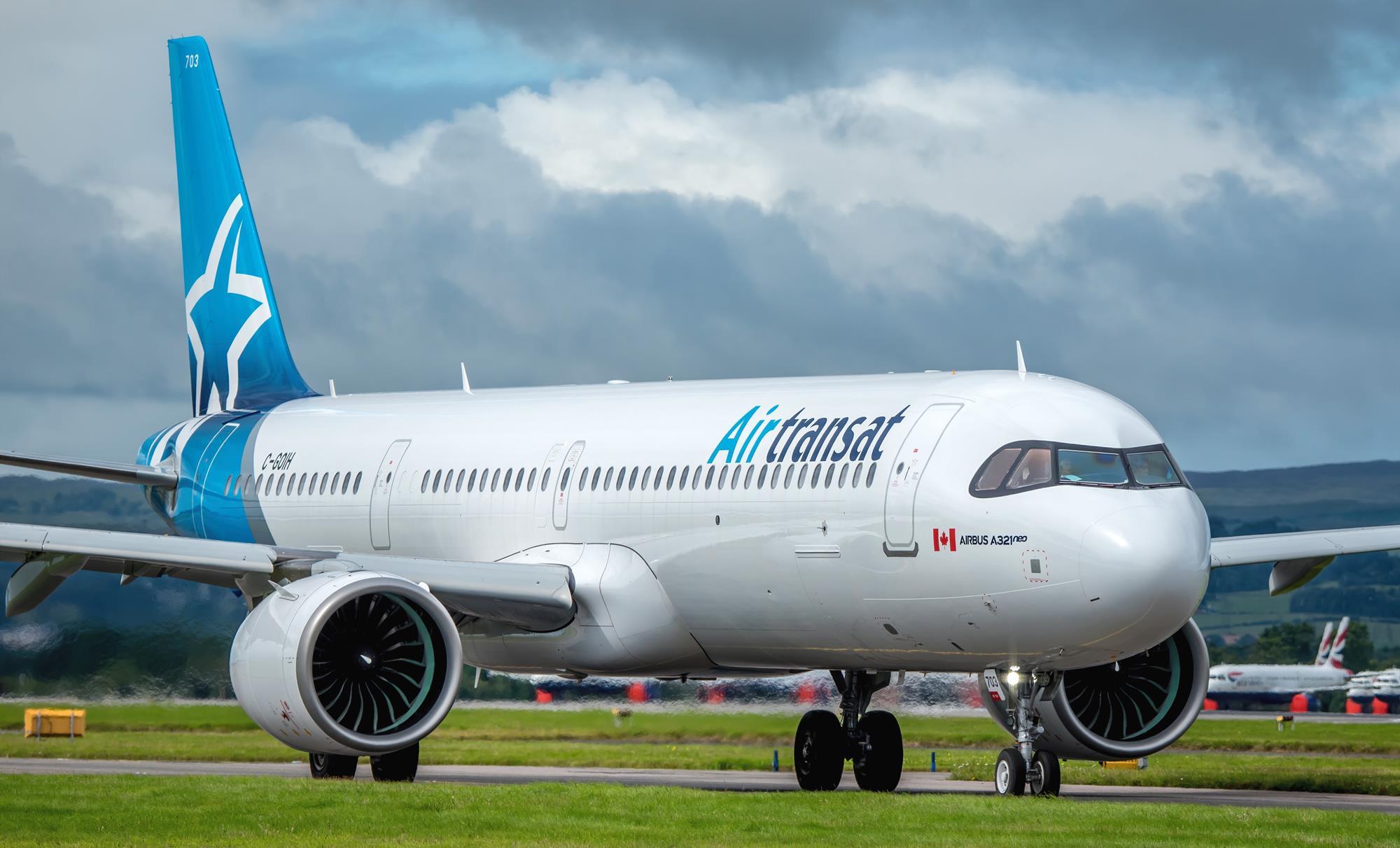
On December 5, the US Department of Transportation (DOT) took a significant step towards protecting airline passengers’ rights with the announcement of an Advance Notice of Proposed Rulemaking. The proposal outlines mandatory compensation for passengers who experience flight delays. This initiative aims to ensure that travelers receive fair recompense in cases where their journey is significantly affected by delays.
Details of the Compensation Proposal
The new rule mandates airlines to compensate passengers with amounts ranging from USD 200 to USD 775. The compensation depends on the length of both the delay and the flight. However, airlines would only be liable if the delay falls under specific circumstances as defined by the DOT. While the detailed conditions are yet to be finalized, the rule is expected to cover situations within the airline’s control, excluding extraordinary circumstances like severe weather.
Delta Air Lines’ Response
In response to the proposed rule, Delta Air Lines, a significant player in the US aviation industry, voiced its concerns. The airline is hopeful that the incoming Trump administration will curb what it perceives as regulatory overreach. Delta argues that such mandates could lead to increased operational costs, potentially impacting ticket prices and airline services. Delta Air Lines sees the new administration as an opportunity to revise what may be deemed excessive governmental intervention in the aviation sector.
Potential Impacts on Airlines and Passengers
The move by the DOT could have several implications:
- Passenger Benefits: The primary objective of this rule is to improve passenger satisfaction and ensure they are compensated fairly for delays beyond their control.
- Airline Operational Adjustments: Airlines may need to adjust operations to minimize delays and avoid compensation. This could lead to meaningful improvements in service quality.
- Legal and Financial Considerations: There may be a complex legal landscape surrounding the implementation and regulation compliance, impacting airline finances.
Future Developments
The proposed rule is still in the initial stages of implementation, with various stakeholders expected to provide input during the public comment period. As the transition to the new presidential administration takes place, the fate of this rule will be closely monitored. The possibility of regulatory amendments or rollbacks could shift the dynamics within the aviation industry as airlines like Delta navigate these uncertain waters.
Scudrunners.com



